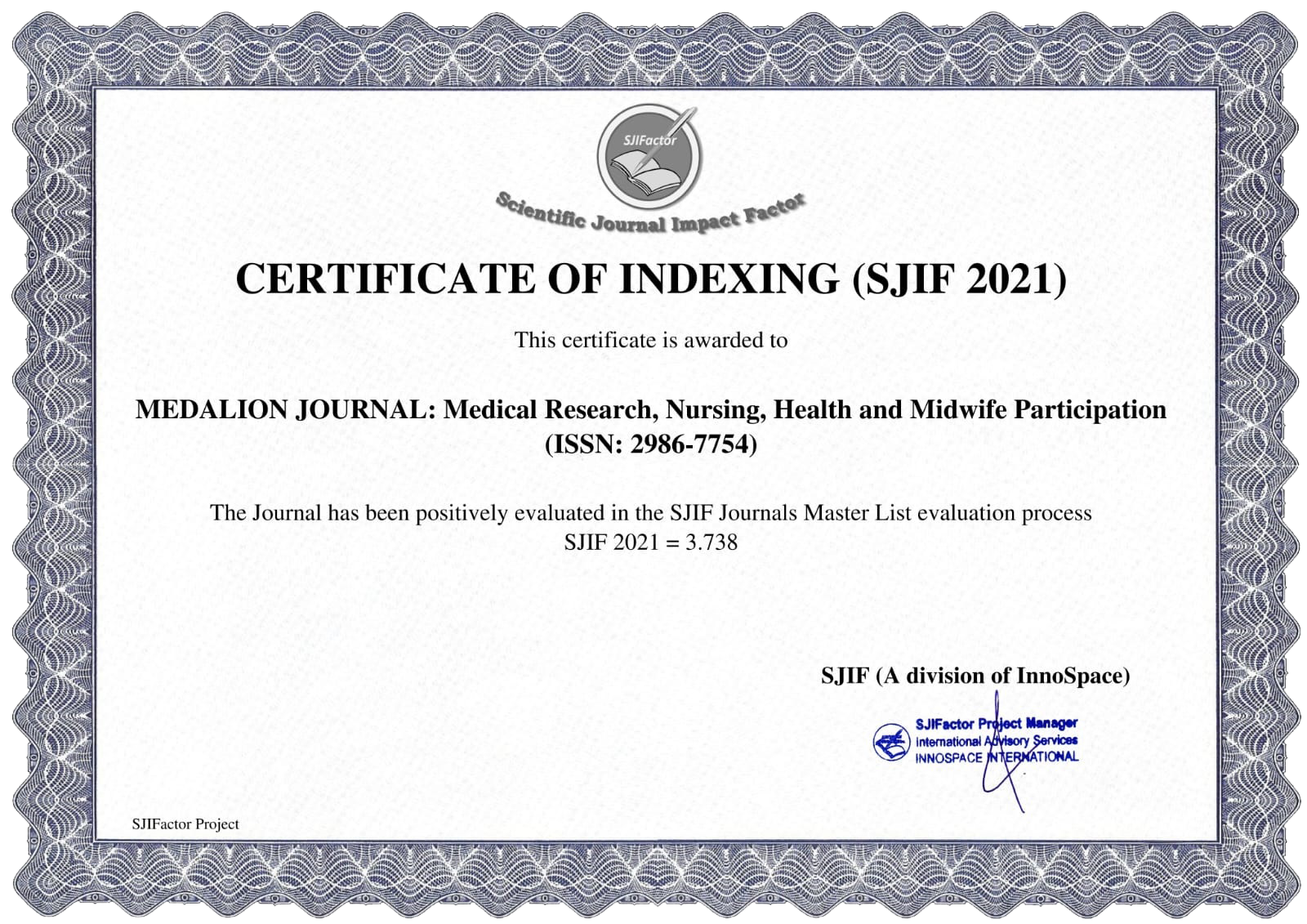THE EFFECT OF SLEEP DURATION ON SCHOOL ACTIVITIES
Main Article Content
Akhtar Faatihah Rajani
Naufal Radithya Akbar
This literature review discusses the effect of sleep duration on students’ school activities, focusing on learning engagement, concentration, and academic performance. Based on an analysis of 20 scientific articles published between 2015 and 2024, a consistent positive correlation was found between adequate sleep and optimal cognitive function. Learners who consistently obtain more than seven hours of sleep per night tend to demonstrate better academic results, participate more actively in learning activities, and show greater emotional stability compared to sleep-deprived students. Research also indicates that poor sleep habits can lead to fatigue, mood disturbances, and decreased motivation to learn. Therefore, this study asserts that sufficient sleep is essential to support students’ performance at school and recommends the promotion of sleep hygiene education in both school and home environments to encourage adolescents to adopt healthy sleep habits.
Beattie, L., Kyle, S. D., Espie, C. A., & Biello, S. M. (2015). Social interactions, emotion regulation, and mood during sleep restriction and sleep recovery: A day-level analysis. Sleep Health, 1(2), 121–128. https://doi.org/10.1016/j.sleh.2015.02.008
Brown, F., & Smith, J. (2018). The impact of sleep duration on student academic performance: A meta-analysis. Journal of Educational Psychology, 110(3), 376-389. https://doi.org/10.1037/edu0000245
Carskadon, M. A. (2011). Sleep in adolescents: The perfect storm. Pediatric Clinics, 58(3), 637–647. https://doi.org/10.1016/j.pcl.2011.03.003
Dewi, R. (2018). Relationship between sleep quality and students’ academic achievement. Journal of Educational Psychology, 4(2), 45–53.
Lee, S. H., & Park, K. J. (2020). Sleep habits and their relationship with school engagement in adolescents. Sleep Health, 6(2), 135-142. https://doi.org/10.1016/j.sleep.2019.12.005
Lo, J. C., Ong, J. L., Leong, R. L., Gooley, J. J., & Chee, M. W. (2016). Cognitive performance, sleepiness, and mood in partially sleep deprived adolescents: The need for sleep study. Sleep, 39(3), 687–698. https://doi.org/10.5665/sleep.5552
National Sleep Foundation. (2020). Teens and Sleep. Retrieved from https://www.sleepfoundation.org
Nguyen, T. M., & Chen, H. (2021). Correlation between sleep duration and participation in school activities among middle school students. Journal of School Health, 91(7), 590-598. https://doi.org/10.1111/josh.13017
Rantanen, M., Kettunen, T., & Koivisto, P. (2019). Sleep and social interaction: The role of sleep in academic performance and interpersonal relationships in adolescents. Journal of Adolescence, 74, 15-24. https://doi.org/10.1016/j.adolescence.2019.05.001
Wheaton, A. G., Ferro, G. A., & Croft, J. B. (2016). School start times for middle school and high school students — United States, 2011–12 school year. Morbidity and Mortality Weekly Report, 64(30), 811–815.





